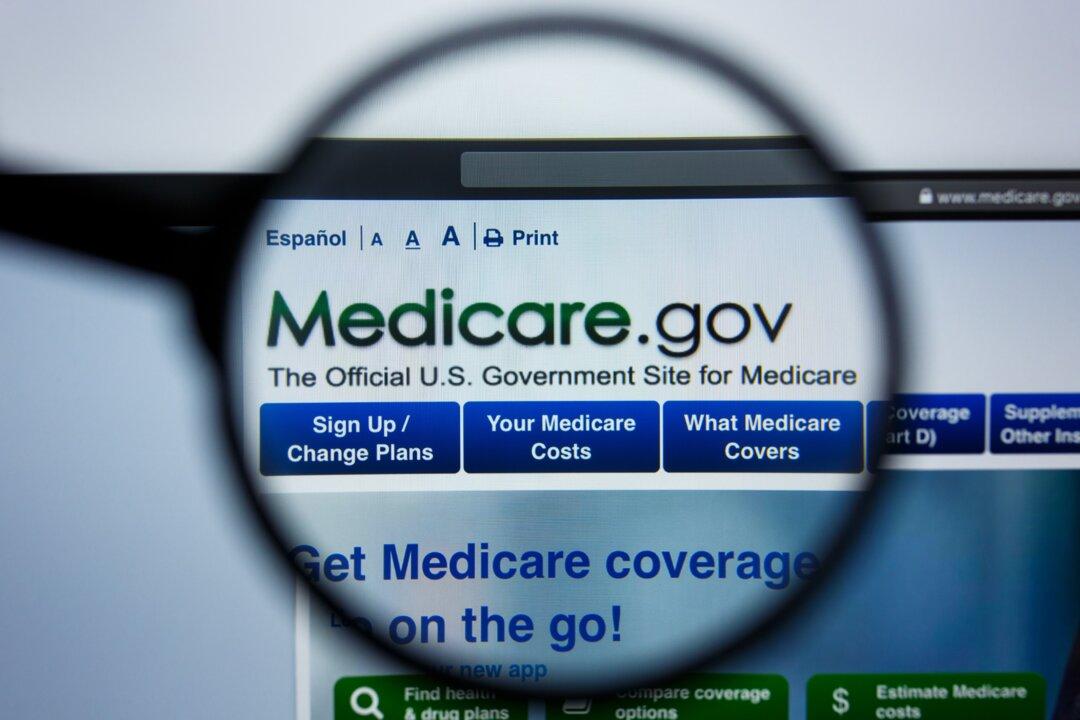The Medicare Payment Advisory Commission (MedPAC) voted unanimously on Jan. 12 to recommend increased Medicare payment rates for hospitals and physicians next year while simultaneously slashing fees to skilled nursing facilities amid labor shortages and increases costs.
MedPAC, a nonpartisan independent legislative branch agency that makes payment and policy recommendations to Congress on Medicare issues, approved a string of recommendations during its virtual meeting on Thursday, Axios reported.




